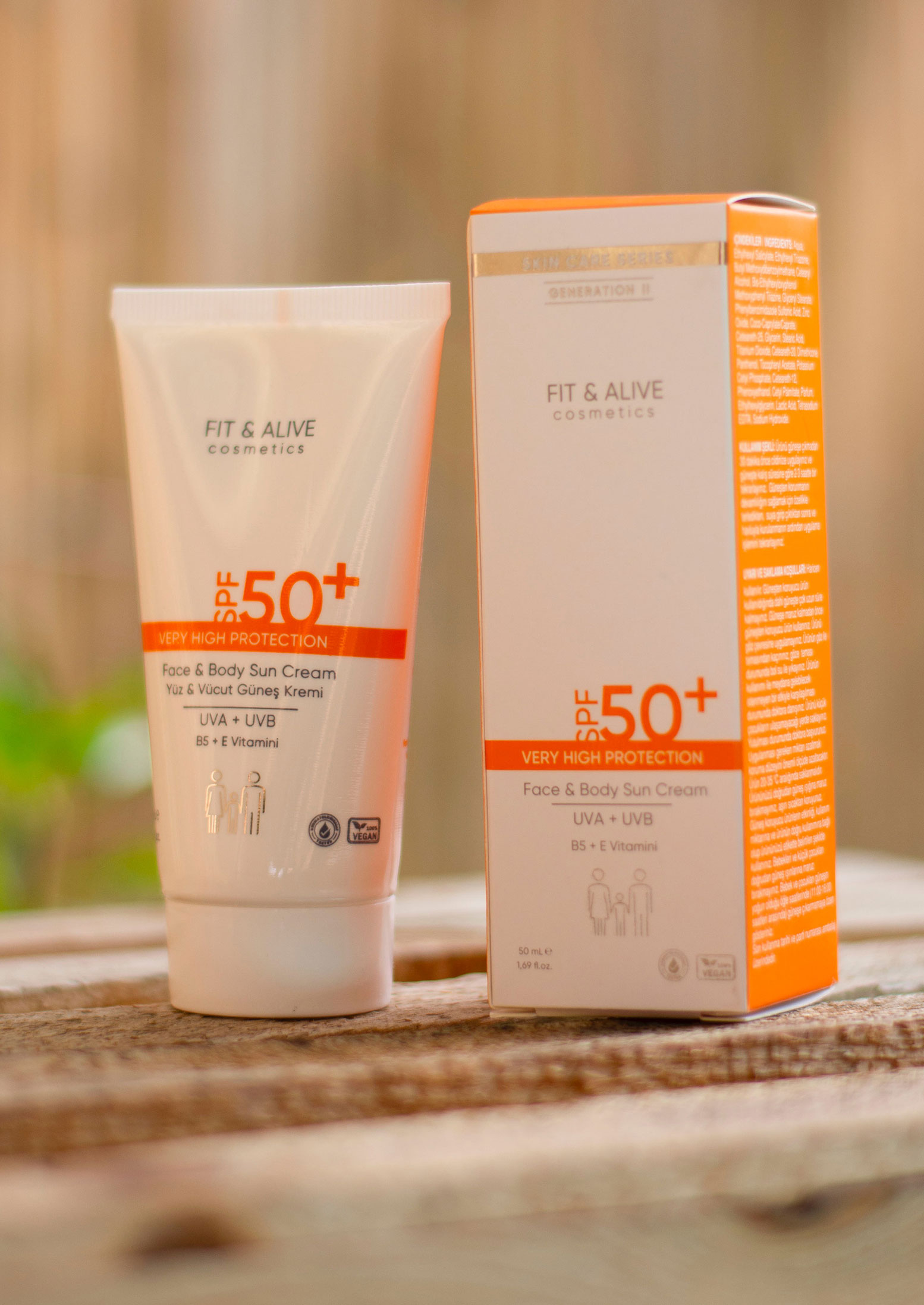S Skincare Tips and Routines
Sun Protection and SPF for Youthful Skin: Your Comprehensive Guide
By
Beauty Doctor MD October 3, 2023

The sun, while a source of life and warmth, can also be a potent adversary to youthful, healthy skin. Prolonged exposure to harmful ultraviolet (UV) rays can lead to premature aging, wrinkles, sunspots, and even skin cancer. However, with the right knowledge and sun protection strategies, you can enjoy the sun safely while maintaining youthful and radiant skin. In this comprehensive guide, we will delve into the science of UV rays, the importance of sun protection, and how SPF (Sun Protection Factor) plays a crucial role in your skincare routine.

Understanding the Science of UV Rays:
Ultraviolet (UV) rays emitted by the sun can be categorized into three types:
- UVA (Aging Rays): UVA rays are responsible for premature aging. They penetrate the skin deeply and cause long-term damage, leading to wrinkles, loss of elasticity, and age spots.
- UVB (Burning Rays): UVB rays primarily affect the skin’s surface and are responsible for sunburn. They also contribute to skin aging and are a significant factor in the development of skin cancer.
- UVC: UVC rays are the most dangerous but are absorbed by the Earth’s ozone layer and don’t reach the surface.
The Importance of Sun Protection:
Sun protection is vital for several reasons:
- Preventing Premature Aging: Sun protection helps maintain youthful skin by reducing the harmful effects of UV radiation, including wrinkles, fine lines, and age spots.
- Reducing Skin Cancer Risk: Prolonged sun exposure without protection increases the risk of skin cancer, including melanoma, the deadliest form.
- Minimizing Hyperpigmentation: Sun exposure can lead to hyperpigmentation issues, such as melasma and freckles. Sun protection can prevent or minimize these concerns.
- Maintaining Skin Health: Protecting your skin from UV damage preserves its overall health and resilience.
Understanding SPF (Sun Protection Factor):
SPF is a measure of how well a sunscreen protects against UVB rays, which cause sunburn. The higher the SPF, the more protection it offers. Here’s how SPF works:
- SPF 15 blocks about 93% of UVB rays.
- SPF 30 blocks about 97% of UVB rays.
- SPF 50 blocks about 98% of UVB rays.
However, it’s essential to note that no sunscreen can block 100% of UVB rays, regardless of the SPF. SPF measures only UVB protection, so it’s crucial to choose a broad-spectrum sunscreen that also protects against UVA rays.
Selecting the Right Sunscreen:

Choosing the right sunscreen is critical for effective sun protection:
- Broad-Spectrum: Ensure your sunscreen offers broad-spectrum protection, which shields against both UVA and UVB rays.
- SPF 30 or Higher: Opt for an SPF of 30 or higher for adequate protection. SPF 50 is recommended for extended sun exposure.
- Water-Resistant: If you’ll be swimming or sweating, choose a water-resistant sunscreen and reapply as directed on the label.
- Suitable for Skin Type: Select a sunscreen that suits your skin type. For oily skin, choose a non-comedogenic, oil-free formula. Dry skin benefits from a moisturizing sunscreen.
Effective Sun Protection Strategies:
Apply Sunscreen Properly:
- Apply sunscreen generously 15-30 minutes before sun exposure.
- Reapply every two hours, or more frequently if swimming or sweating.
- Don’t forget easily overlooked areas like the ears, neck, and the back of your hands.
Seek Shade: Whenever possible, seek shade, especially during peak sun hours (10 a.m. to 4 p.m.).
Protective Clothing:
- Wear wide-brimmed hats and sunglasses that block UV rays.
- Opt for clothing with UPF (Ultraviolet Protection Factor) for additional protection.
- Limit Sun Exposure: Be mindful of the time you spend in direct sunlight, and take breaks in the shade.
- Avoid Tanning Beds: Tanning beds emit harmful UV radiation and increase skin cancer risk.
Sun Protection Beyond Sunscreen:
- Antioxidants: Incorporate antioxidants into your skincare routine, such as vitamin C and E, to help neutralize free radicals generated by UV radiation.
- Hyaluronic Acid: Hyaluronic acid helps lock in moisture, which is crucial after sun exposure to prevent skin dehydration.
- Aloe Vera: Aloe vera can soothe and hydrate sunburned skin.
Sunscreen Myths and Facts:
- Myth: I don’t need sunscreen on cloudy days.
Fact: UV rays can penetrate clouds, so sun protection is essential even on overcast days.
- Myth: I have dark skin, so I don’t need sunscreen.
Fact: People with all skin types and tones are at risk of UV damage and skin cancer.
- Myth: I applied sunscreen this morning; I don’t need to reapply.
Fact: Sunscreen should be reapplied every two hours, regardless of when you first applied it.
- Myth: SPF 100 offers double the protection of SPF 50.
Fact: The difference in protection between high SPFs is minimal. SPF 50 already offers excellent protection.
Conclusion
Effective sun protection is the cornerstone of maintaining youthful, healthy skin. By understanding the science of UV rays, the significance of SPF, and adopting sun protection strategies, you can enjoy the sun safely while preserving your skin’s youthful appearance. Remember that sun protection should be a year-round commitment, and choose sunscreen and skincare products that align with your skin type and needs. With the right knowledge and practices, you can savor the sun without sacrificing your skin’s health and radiance.


